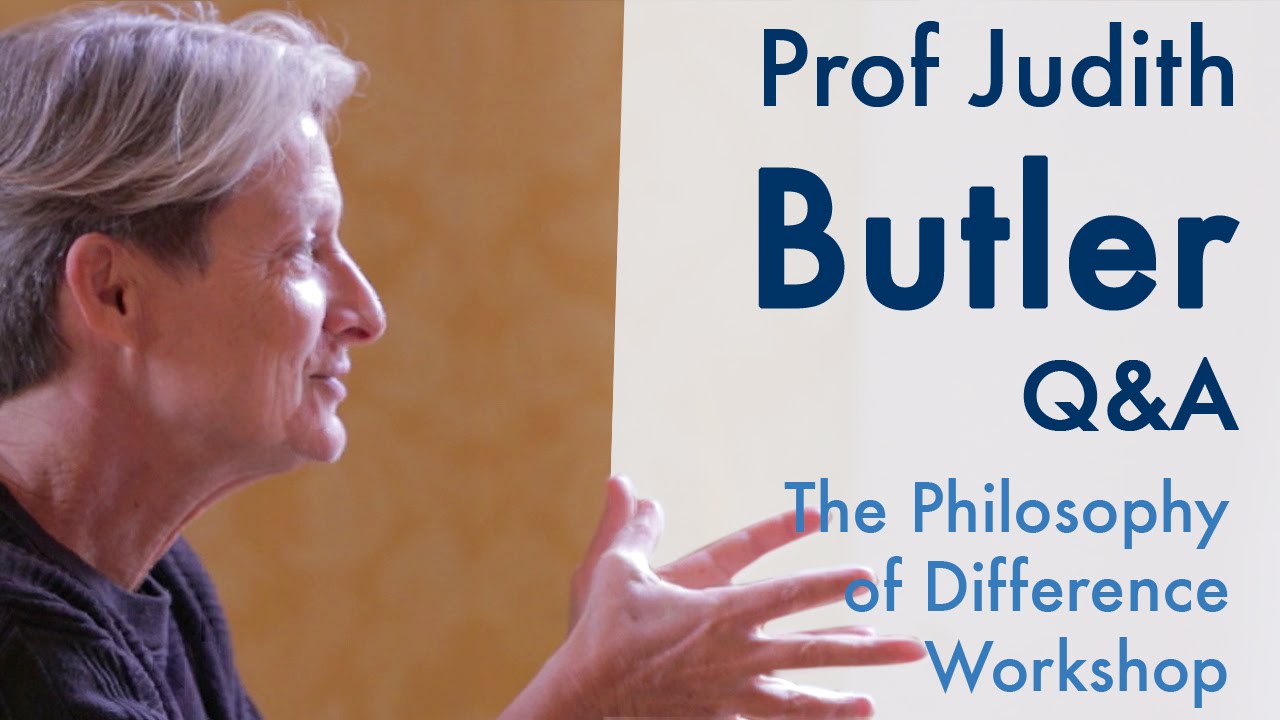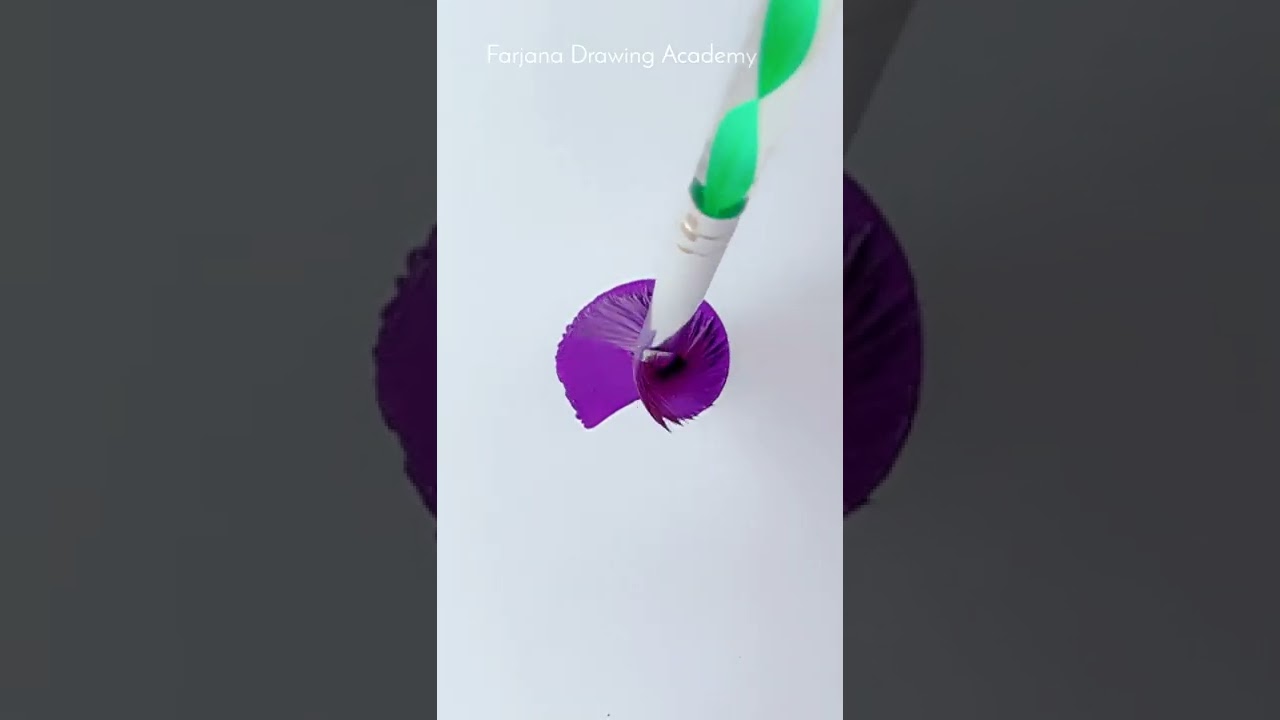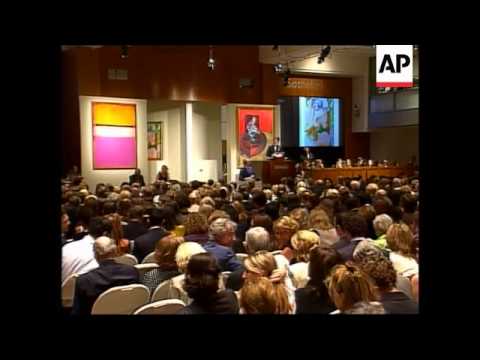UCD – University College Dublin
Excerpt from Q&A with public intellectual and feminist theorist, Professor Judith Butler, University of California, Berkeley, who addressed a workshop on “The role and responsibilities of philosophy in society”.
The workshop was hosted by the UCD School of Philosophy, University College Dublin, in conjunction with the Society for Women in Philosophy, on 06 February 2015.
Judith Butler is Maxine Elliot Professor in the Department of Comparative Literature and the Program of Critical Theory at the University of California, Berkeley, where she served as Founding Director.
She received her PhD in Philosophy from Yale University in 1984 on the French Reception of Hegel. She is the author of Subjects of Desire: Hegelian Reflections in Twentieth-Century France (Columbia University Press, 1987), Gender Trouble: Feminism and the Subversion of Identity (Routledge, 1990), Bodies That Matter: On the Discursive Limits of “Sex” (Routledge, 1993), The Psychic Life of Power: Theories of Subjection (Stanford University Press, 1997), Excitable Speech (Routledge, 1997), Antigone’s Claim: Kinship Between Life and Death (Columbia University Press, 2000), Precarious Life: Powers of Violence and Mourning (2004); Undoing Gender (2004), Who Sings the Nation-State?: Language, Politics, Belonging (with Gayatri Spivak in 2008), Frames of War: When Is Life Grievable?(2009), and Is Critique Secular? (co-written with Talal Asad, Wendy Brown, and Saba Mahmood, 2009). Her most recent books include: Parting Ways: Jewishness and the Critique of Zionism (2012) and Dispossessions: The Performative in the Political (2013), co-authored with Athena Athanasiou, and Sois Mon Corps (2011), co-authored with Catherine Malabou.
She is active in gender and sexual politics and human rights, anti-war politics, and serves on the advisory board of Jewish Voice for Peace. She was recently the recipient of the Andrew Mellon Award for Distinguished Academic Achievement in the Humanities (2009-13). She received the Adorno Prize from the City of Frankfurt (2012) in honor of her contributions to feminist and moral philosophy as well as the Brudner Prize from Yale University for lifetime achievement in gay and lesbian studies. She is as well the past recipient of several fellowships including Guggenheim, Rockefeller, Ford, American Council of Learned Societies, and was Fellow at the Institute for Advanced Study at Princeton and at the College des Hautes Etudes in Paris. She has received honorary degrees from Université Bordeaux-III, Université Paris-VII, Grinnell College, McGill University and University of St. Andrews. In 2013, she was awarded the diploma of Chevalier of the Order of Arts and Letters from the French Cultural Ministry.
Source




…..abstract out….disolve into…
I knew she had been influenced by Buddhism when she said that there are acts without actors.
Well, it is perhaps compatible "in a certain way," but this explanation didn't really help us understand those certain ways. JB seems to be playing simply on this notion of reincarnation, from her very materialist (and, I'm guessing – atheistic point of departure). In that sense, hers is consistent with this kind of thinking: https://www.amazon.com/Myth-Eternal-Return-Cosmos-History/dp/0691017778. However, in that very sense, JB's trajectory here is not consistent with Buddhist philosophy in the general. There may be some contact points with this idea of a fluid self, taking an ecstatic stance toward the "I" in reflective moments, in understanding one's thinking, behavior, drives were not fully one's "own." However, in Buddhism (speaking, in general, and very simplistically) the idea is to end suffering. One does this by, essentially, taming "the drive" as it manifests in behavior intended to shore up "the ego" (which in "conditions of contemporary individualism") simply means behavior and speech intended to re-situate the integrity of the "I's" statements about self/the self (in relation to the apperceived location) of the other in conversation about ostensibly the same topic (which is, presumably, not about that relation – when ego is not part of the equation). This process comes through enlightenment, which occurs (usually) over a series of lifetimes. The path, the narrative, the story are all predetermined by previous karma ("action," not to be understood in the Anglo way). Karma, as a doctrine, is yes, consistent with JB's notion of a decentered "I"-being (the being of being, when one can 'see' the I). However, the Buddhist view is MUCH, MUCH more radically relational than this notion of coherence/integration, and I think she's right to reference moral philosophies here. I think perhaps the major differences may be ethical, which are at once predicated on different descriptive understandings of the universe of objects at issue in what constitutes "the I." Perhaps she is simply referencing one path that she and her friends traverse in their celebration of their further and further disintegration. A Buddhist may view that as just a tad narcissistic; a kind of celebration of one's jouissance of the ostensibly "non-sovereign" elite status of their subject-hood as such that still has the power to set the terms of the debate (by appealing to the jokes that constitute her kin). In short, the Buddhist view of the self is at once highly determined, highly coherent, highly centered at the same time it is entirely dependent on the action of others (actions past, present, and future. What appears 'social' in these actions is thought to reside in memory and knowledge of past lifetimes more so than any kind of sociology). In this philosophy, free will comes by way of ethical action, right thinking, right action (What is right for each individual is HIGHLY relative to that individuals' past lifetimes; but the behaviorally correct solutions are always in the direction of less and less violence, toward self, and by extension, others). I think we can only act ethically toward one another when we are outside ourselves in both of these senses. The challenge is to figure out how to create the conditions that make this kind of reasoning the only logical way to reason seeing as though our very health and lives are bound up in one another. Now, for all eternity, and again.
Well there's that, but…